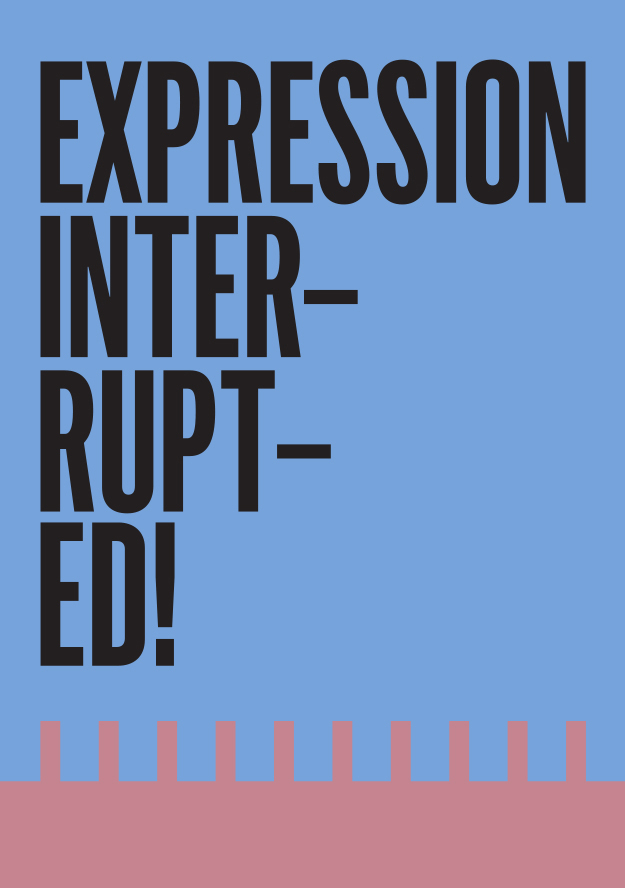Journalists and academics bear the brunt of the massive crackdown on freedom of expression in Turkey. Scores of them are currently subject to criminal investigations or behind bars. This website is dedicated to tracking the legal process against them.


Turkish government shuts down 15 media outlets
The three magazines and Dicle News Agency were headquartered in Istanbul. All of the other outlets shutdown had their main offices in Turkey’s predominantly Kurdish provinces in the southeast. Azadiya Welat is a Kurdish-language newspaper and all of the other organizations, with the exception of Evrensel Kültür, are pro-Kurdish publications.
Cabinet decree no: 676, under which the 15 outlets were shut down, was published in the Official Gazette on Oct. 29.
1,267 academics were discharged from their university posts under the same decree. The dismissals include some of the academics who supported a petition calling for peace in the country’s southeast as well as Mehmet Altan, who was arrested in late September on charges of having “subliminally” supported the coup attempt of July 15 and Eser Karakaş, a former Star columnist and the husband of international judge of the European Court of Human Rights Işıl Karakaş.
Also on Oct. 29, the government-issued press card held by veteran journalist Hasan Cemal was canceled. Cemal is currently being tried on charges of having insulted the Turkish president in two separate proceedings.
Turkey declared a State of Emergency on July 20 following the attempted coup of July 15 allowing the government to close any media organization by issuing a decree having the force of law.
The latest closures bring the number of the media outlets shut down under State of Emergency to 168 in total.
Ninety-nine journalists have been imprisoned since the start of State of Emergency.
Twenty-four of them were arrested outside the coup probe and they are from Kurdish news organizations including DİHA and Azadiya Welat, which were shut down under the two decrees.
